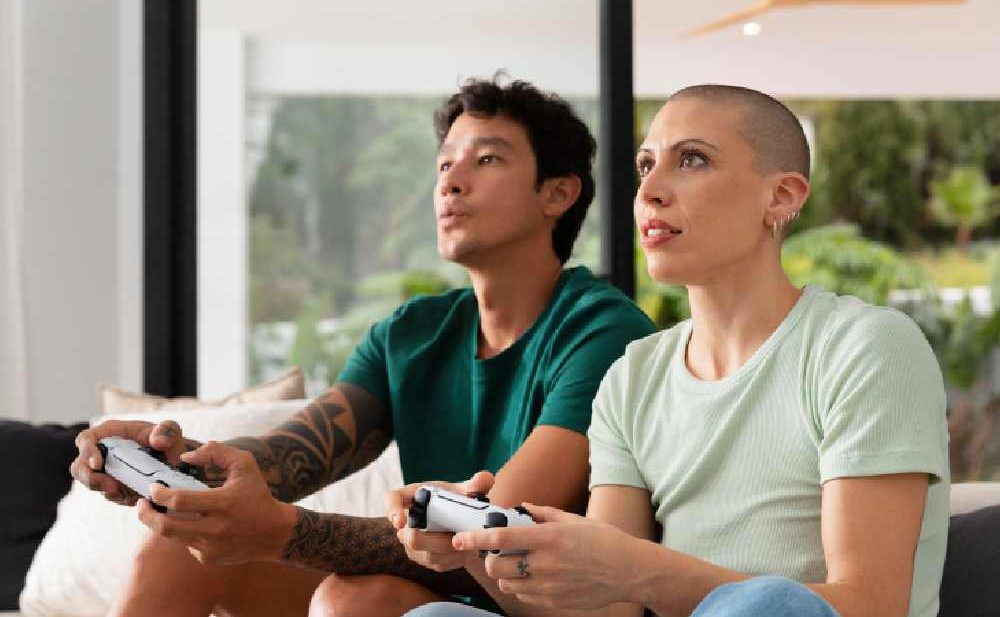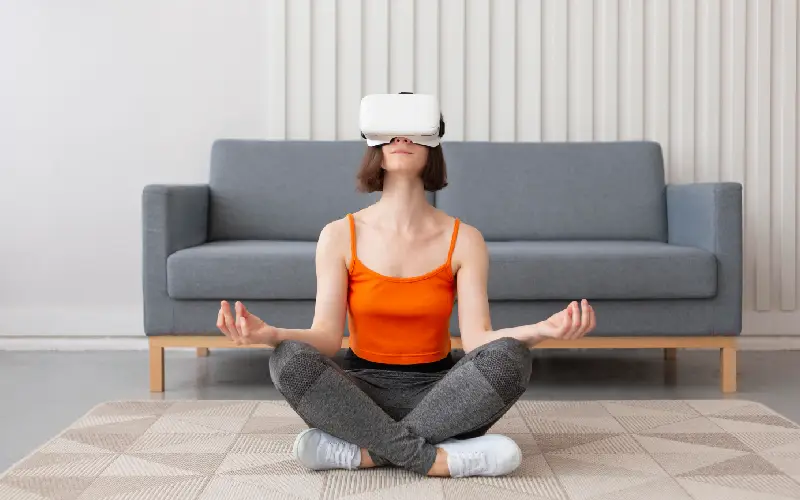- October 9, 2025
- by Harshita Bajaj
- Mental Health
Video gaming has become a popular activity among young people. Excessive computer gaming and gaming disorder has now become a matter of growing concern and has received a lot of attention after it was included in ICD-11 and DSM-5.
What is binge gaming?
Binge gaming is defined as playing video games for more than five consecutive hours. Research has found that binge gaming is often associated with increased symptoms of internet gaming disorder, depression, and anxiety.
Conceptually, the idea of binge gaming is similar to episodes of binge drinking. This is often accompanied by excessive consumption in a short period, accompanied by a loss of control, and associated with negative consequences for the individual engaging in such bingeing behaviors.
Binge gaming as an act indicates behavioral risk factors for various social, emotional, academic, and health problems. It is imperative to prevent such prolonged gaming habits through interventions carried out by family, loved ones, and schools.
Mental Health Impact of Gaming
Prolonged periods of gaming has often been associated with physical injuries such as the carpal tunnel syndrome, which many gamers develop. This is often seen in office workers where there is an inflammation of a nerve in the wrist which causes pain and numbness. Gamer’s thumb or also known as the PlayStation thumb occurs when the tendons that move the thumb become inflamed due to continuous gaming.
Other than this commonly known physical symptom, gaming has also been associated with obesity in teens and adults. Both of these can have significant mental impact on the individual. Gaming addiction has also been associated with psychological problems such as depression, anxiety, extreme stress, and even PTSD when the games are extremely violent in nature. Internet gaming disorder can be defined when any of the five following criteria is met over a 12-month period.
- gaming preoccupation,
- tolerance,
- withdrawal,
- Downplaying use,
- loss of interest in other activities,
- failure to control,
- gaming to escape or relieve anxiety, guilt, or other negative mood states,
- loss of relationship, educational, or career opportunities,
- continued gaming despite psychosocial problems.
Anxiety and Gaming
Research has found the correlation between social anxiety and gaming, which means that social anxiety can lead to gaming disorders or gaming disorders can lead to social anxiety. Social anxiety is seen as one of the plausible risk factors in developing and maintaining Internet Gaming Disorder. It can be said that online gamers experience distress due to social anxiety along with loneliness and may be motivated by social needs to engage in gaming as a mean to escape social interactions and communication in person.
Depression and Gaming
With growing concern about the content of video games, it is valid to look into how video games can potentially impact mental health, specifically depression. When used excessively or playing video games with inappropriate content, youngsters and teenagers have been found to be more susceptible to depressive symptoms. Children who spend a large amount of time playing video games had a higher risk of depression, lower school performance, low mood, as well as social phobias. Problematic gaming behavior also has an impact on ADHD, obsessive compulsive disorder, as well as reduced self-control, self-esteem, and well-being in school and daily activities. While there is no real understanding of why this connection exists, it could be due to differences in personality or using gaming as a coping mechanism to elevate psychological challenges.
Expert treatment for gaming addiction should also be looked into if the symptoms continue for long as gaming addiction is harmful and can impact daily life. The patterns of gaming disorders should be investigated further to understand its related outcomes and how it worsens mental health conditions in individuals.
















